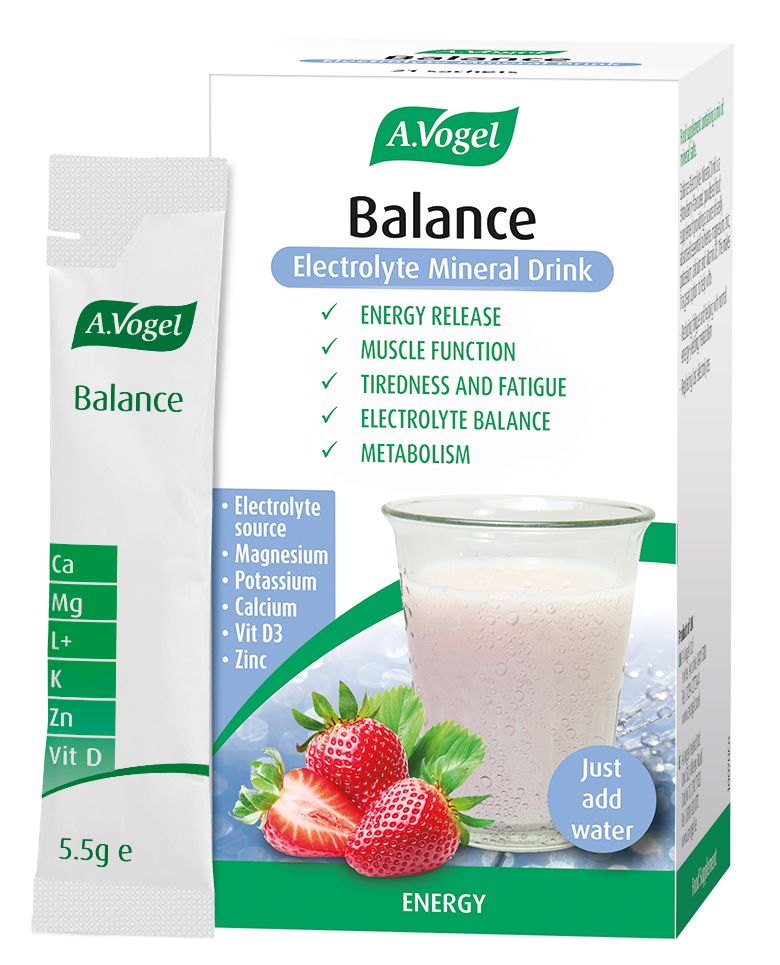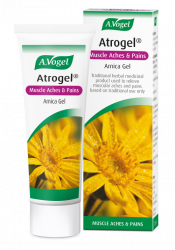How do I get started cycling?
If you are new to cycling, to get started you need the right equipment, including a suitable bike, a helmet, comfortable clothing and safety gear such as lights. Next, plan your first cycle route using a cycle path or country park and aim to build up your distance gradually.
Equipment - What does a beginner cyclist need?
If you have never cycled before, you may not feel like going out and buying lots of equipment straight away. This is why I have put together a list of things beginner cyclists really do need to stay safe and comfortable during the course of a ride.
1. Bike
A hybrid bike is ideal for a beginner cyclist, as it's designed for medium-length rides on a variety of surfaces, be it a country road or a forest track. Road bikes are another option, though the thin seat and narrow wheel width may take a little more getting used to. These bikes are typically used for long and fast rides.
If you are using an old or second-hand bike that hasn't been used in a while, have it serviced before going out to make sure it is safe to ride. Most bike shops will offer this service for a fee.
2. Helmet
This piece of equipment is essential for any cyclist, regardless of where you go or how far you ride. They come in a range of different prices and varieties so, if you choose to buy one in store, it is worth speaking to a staff member to get the right fit.
3. Clothing
Padded shorts can come in handy if you are a beginner cyclist and are just getting used to being on the saddle. They will make the ride a little more comfortable and help to avoid sore legs the next day. Cycling gloves also keep your hands warm, whilst maintaining your grip on the handlebars.
Other than this, regular, comfy sports clothing is suitable for beginner cycling, such as gym trainers, sports leggings and a lightweight top. A waterproof is also a good idea when cycling in the UK.
4. Safety gear
A good lock and some bike lights are also key pieces of cycling equipment: the lock so that you can stop for a refreshment or toilet break halfway without worrying about your bike; and the lights in case you are caught out by a rainstorm that turns the sky dull and dreary!
5. Extras
A little backpack or a bag that you can attach to your bike is also ideal. Fill these with a first aid kit, mobile phone, puncture repair kit (make sure you know how to use it, though), a bottle of water and other snacks to keep you going on a ride. I like to pack a sachet of Balance Mineral Drink too in case I need a little boost halfway around. This can be added straight to water to support the muscles and energy levels.
A.Vogel Balance Electrolyte Mineral Drink with Vitamin D3, Magnesium, Zinc, Potassium and Calcium.
£22.49 (21 x 5.5g sachets) In Stock
Getting started - How do I get started cycling?
Once you've got all of your equipment sorted, there are just a few additional things to organise before heading out on your bike. First of all, make sure your bike wheels are fully pumped up. You'll find a number on the side of your bike tyre that will tell you what pressure it should be pumped up to.
Next, set up your saddle. It should sit parallel with the ground and your toes should just be able to touch the floor. Having the seat too high or too low can cause back or knee pain, so it is very important to get the positioning right. Try it out in your street or back garden before heading out to make sure it feels comfortable.
Another thing to consider is bike safety. In certain areas of the UK, practical training programs are offered by Bikeability to help adults and children get out on their bikes safely and confidently. For those living in areas where Bikeability courses are not provided, there are still plenty of online resources, such as Cycling UK, to help you brush up on your road safety knowledge. For now, though, here are a few tips on how to cycle safely on the road.
Once you've checked all of these off, you are ready to go for your cycle.
How do you cycle safely on the road?
|
Where can I cycle in the UK?
The UK's numerous country parks are a great place for beginner cyclists to test out their abilities without any worries about traffic. If you need further inspiration on where to take your bike, The National Cycle Network provides many traffic-free and sign-posted routes all over the UK. So, why not check out what is available in your local area and get exploring new areas!
Distance - What is a good distance for a beginner cyclist?
A good distance for a beginner cyclist is 5-10 miles. Use this as a starting point and, if it feels comfortable, gradually begin to add in more miles as time goes on. Doing too much too soon can be off-putting, so I always advise being cautious with the distance you aim to achieve when taking up cycling.
How can a beginner get better at cycling?
Once you've gotten into the habit of cycling regularly, there are many things a beginner cyclist can do in order to get better at cycling. I would suggest practising more hills or aiming for faster cycles, for example. You can find more tips on how to improve your cycling abilities in my blog 'How do I get better at cycling?'.
More beginner’s cycling tips
- Make cycling a regular habit by planning a couple of rides a week.
- Once you've built up some confidence on your bike, have a look into local clubs or join friends for a social ride.
- Start with small cycle rides and build up your strength and stamina by gradually increasing the pace and distance of your cycle rides.
- Use apps like Strava to measure how far you are cycling. It can be really encouraging to see how far you are able to go.
- Visit a cycle shop and talk to the staff there about any concerns you have, whether it is an issue with your bike or a piece of equipment you are looking to source.









